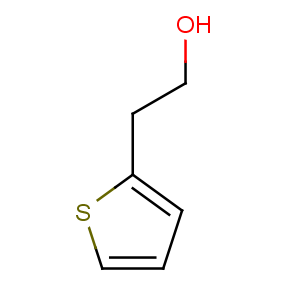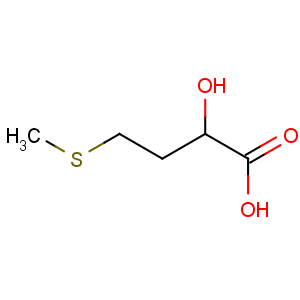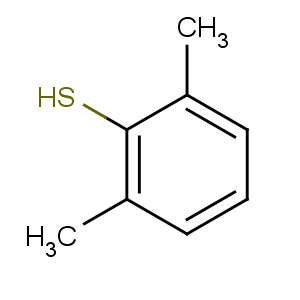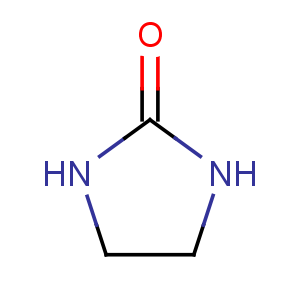Indications and Usage Alogliptin (benzoic acid) is a type-2 diabetes medication, and it is a type of serine protease dipeptidyl peptidase IV (DPP-4) inhibitor developed by the Japanese company Takeda. Alogliptin, used alone or in combination with other blood sugar-lowering medication, is usually well-tolerated in type-2 diabetes patients. This medication has a low risk of hypoglycemia, with Alogliptin treatment groups ≤8.3% and placebo groups ≤10.5%, and shows no difference between young and elderly patients. In addition to effectively lowering blood sugar, this medicine also lowers the risks of hypoglycemia and weight increase, overcoming great obstacles in patient treatment and providing new hope for diabetes treatment.
Mechanisms of Action Alogliptin selectively inhibits DPP-4 to reduce the inactivation of glucagon-like peptide 1 (GLP-1) and increase the GLP-1 levels in the body, thus lowering blood sugar. Once blood sugar reaches normal levels, it will cease its sugar-lowering effects, thus effectively reducing the risks of hypoglycemia. Additionally, DPP-4 inhibitor also slows gastric emptying, increases the feeling of fullness, and controls appetite, thus helping patients control their weight.
Adverse reactions Common side effects of Alogliptin include nasopharyngitis, headaches, and upper respiratory tract infection. Most side effects are light to moderate and are unrelated to dosage.
Uses Treatment of type 2 diabetes.
Definition ChEBI: A benzoate salt obtained by combining equimolar amounts of alogliptin and benzoic acid. Used for treatment of type 2 diabetes.
Permanent link: http://www.vvchem.com/sell/cas:850649-62-6,3570590.html

![CAS No:850649-62-6 2-[[6-[(3R)-3-aminopiperidin-1-yl]-3-methyl-2,<br />4-dioxopyrimidin-1-yl]methyl]benzonitrile](/structure/cas-850/850649-62-6.png)







